The Palestinian-Israeli conflict shows no signs of abating: Two distinctly different peoples with mutually abrasive cultures wanting the same land don’t become friendlier with time. Israelis and Palestinians will continue to co-exist unpleasantly with frequent outbursts of violence. But the existential conflict between the larger Arab world and Israel has petered out. That leaves the Islamic Republic of Iran as the one Muslim state that has a pretty ardent desire, though not the means, to off Israel.
Arab societies are too weary, fragile, and intellectually transformed to sustain the secular, anti-Zionist ideologies born during European colonialism and the Cold War. America’s retrenchment in the Middle East and the concurrent rise of Shiite Iran brought on the Abraham Accords: The Sunni Arab rulers in the Gulf, who’d done much to fuel anti-Zionism and militant Islam, had more pressing concerns than the Palestinians.
But the duel between Iran and Israel is intensifying.
The Biden administration clearly wants to believe that some new nuclear deal with Tehran could calm the Middle East but it wouldn’t. Israeli and Iranian calculations toward each other would remain essentially the same. And Iran’s supreme leader, Ali Khamenei, has clearly told Washington that nuclear negotiations are over.
Meanwhile, a perfect storm has developed. Nuclear progress and successful foreign forays have emboldened the clerical regime. For the first time in its history, the Islamic Republic has great power allies and patrons in Russia and China. Iran likely will soon receive advanced Russian fighters, further reducing the odds that Israel tries to take out its nuclear sites. And Chinese-Iranian trade has helped Tehran to limit the damage of U.S. sanctions. Chinese diplomacy in the Gulf—China brokered the recent rapprochement between Saudi Arabia and Iran—complements Iranian ambitions: Both nations want to see American influence diminished; neither likes the fact that the U.S. Navy still has the capacity to choke off oil exports through the Strait of Hormuz.
Tehran’s successes (especially the Iran-Russia triumph in Syria), the weakness of Sunni Arabs, and the waning interest of the United States in the region have all come together to worsen the Israeli-Iranian confrontation. The Israeli doctrine of “war between wars”—a continuous effort to grind down the Islamic Republic’s ability to wound the Jewish state—is matched by the clerical regime’s determination to lead the anti-Zionist “resistance” and exploit American retrenchment.
So far, Israel has had the upper hand. Since 2013 it has been attacking Iran’s Islamic Revolutionary Guard Corps and its Shiite allies in Syria. Its air raids have succeeded: Iran has been unable to establish big bases and transfer medium-range missiles, key to any effort to overwhelm Israel’s ballistic defenses. “War between wars” mandates preemption. This will likely discomfort the Sunni Gulf States, which would surely prefer appeasement with Chinese intercession to confrontation, especially since the United States is no longer viewed as a credible military deterrent in the Persian Gulf. Denizens of the region view Donald Trump’s decision in September 2019 not to respond militarily to Iran’s attack on Saudi oil facilities and Gulf shipping as a bellwether. The somewhat unworldly, rash, philo-Semitic Saudi crown prince and de facto ruler, Muhammad bin Salman, must know now that Israel doesn’t have the capacity or volition to replace the United States as paladin. Diplomatic relations with Tehran are potentially more valuable for Riyadh than an embassy in Jerusalem.
The clerical regime has been hard pressed to retaliate against the frequent pummeling by Israel, but Tehran has refrained from getting into a big missile duel with Jerusalem, either directly or via its Lebanese proxy, Hezbollah. The theocracy still appears fearful of escalation. It may have upped its support to Palestinian militant and terrorist groups, and short-range missiles are occasionally fired at Zion from the Levant and Palestinian territories. But this is small compensation given the damage and embarrassment that Israel has wrought in Syria.
And Israeli success there probably encouraged Jerusalem to expand its operations into Iran itself. Israel has unquestionably been behind the assassination of a number of Iranian nuclear engineers, including Mohsen Fakhrizadeh, the operational father of the nuclear-weapons program, who was taken out in a roadside ambush in 2020. In 2018 Mossad stole much of the regime’s nuclear archive from a warehouse in south Tehran. In January, a big explosion ripped through a facility reportedly connected to drone and cruise-missile production in Isfahan. Fingers again pointed toward Jerusalem.
But Israel may not be able to derail the Iranian atomic program by covert or military means. The Islamic Republic’s ability to produce advanced centrifuges, which use smaller, more easily hidden cascades, calls into question the utility of preventive air strikes. The clerical regime surely hopes that becoming nuclear-armed will check the malevolent actions of its enemies. Israel will need to demonstrate continuously the fallacy of that assumption.
For more than 200 years, Western countries have intervened decisively in the Middle East. Everyone in the region has had reflexes developed accordingly. This is changing. A plan by Egypt—which is utterly dependent on U.S. military aid—to sell missiles to Moscow, as well as Saudi Arabia’s increased diplomacy and trade with China are reflections of this new reality. A full-blown Israel-Iran war would be another.
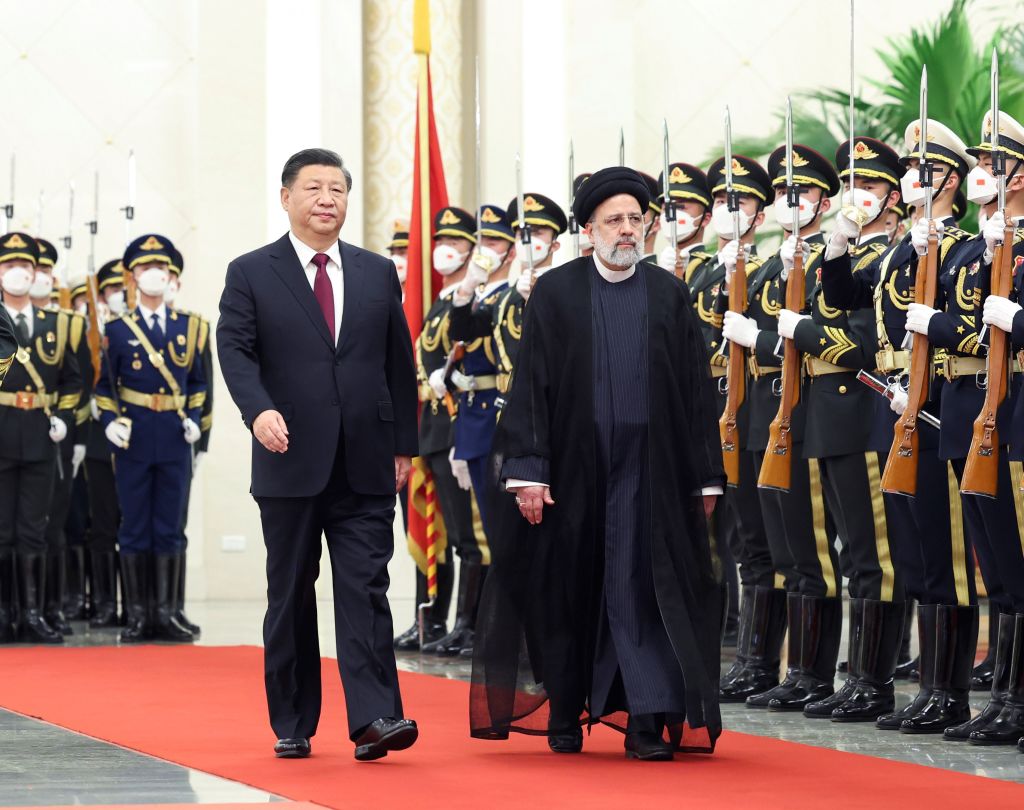
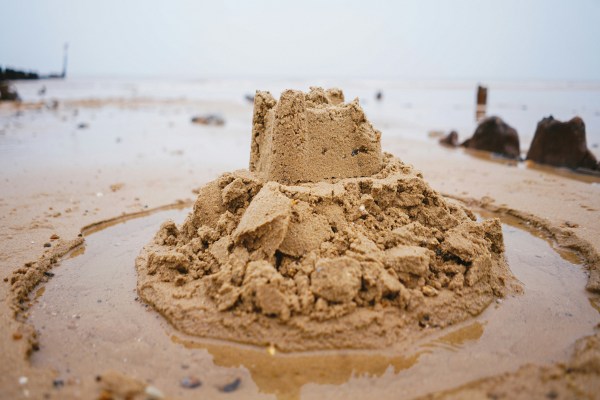

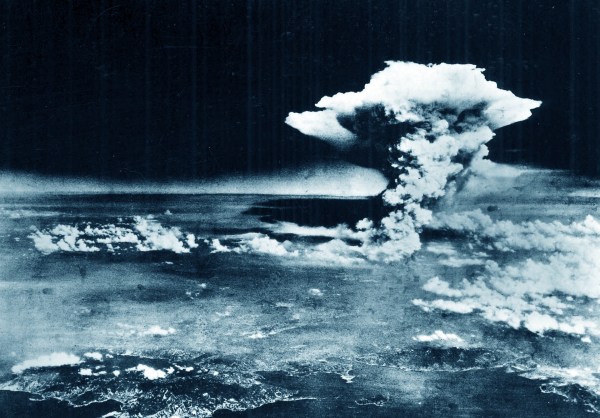
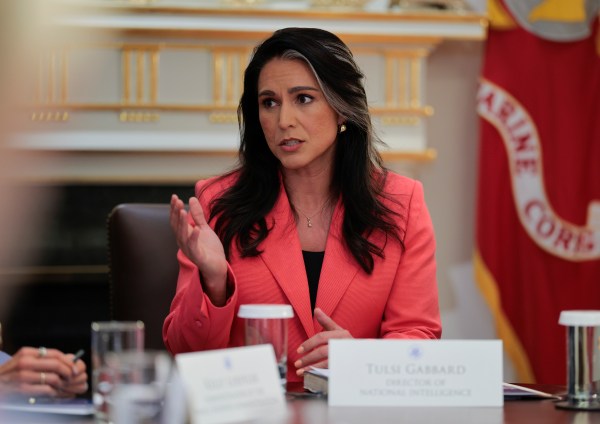
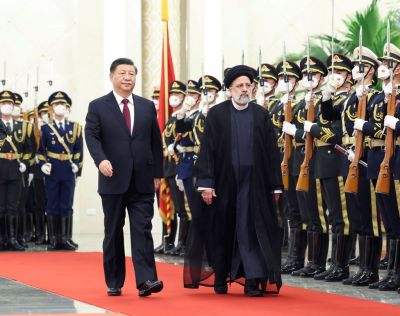
Please note that we at The Dispatch hold ourselves, our work, and our commenters to a higher standard than other places on the internet. We welcome comments that foster genuine debate or discussion—including comments critical of us or our work—but responses that include ad hominem attacks on fellow Dispatch members or are intended to stoke fear and anger may be moderated.
With your membership, you only have the ability to comment on The Morning Dispatch articles. Consider upgrading to join the conversation everywhere.